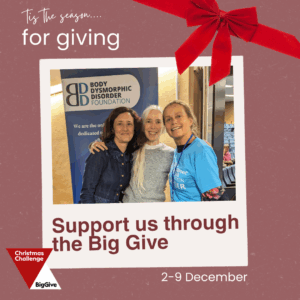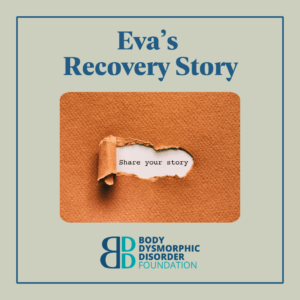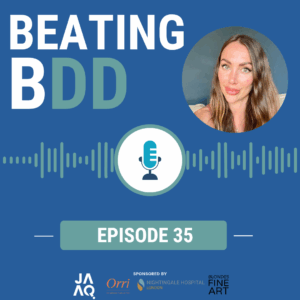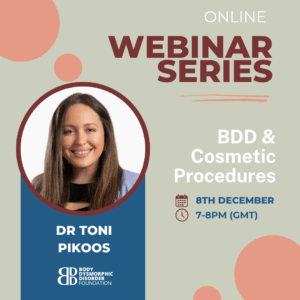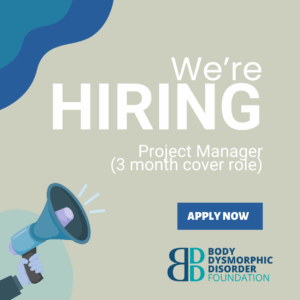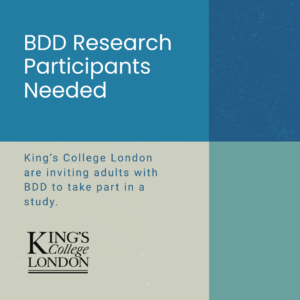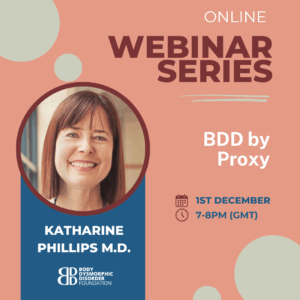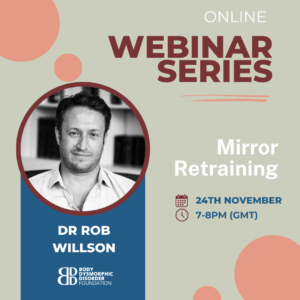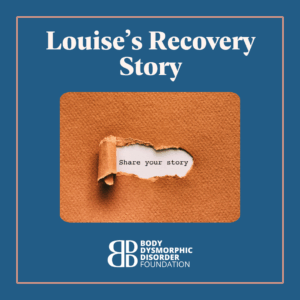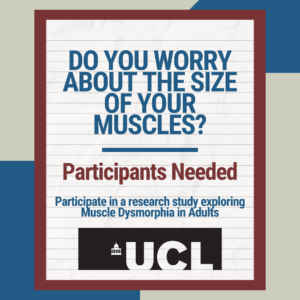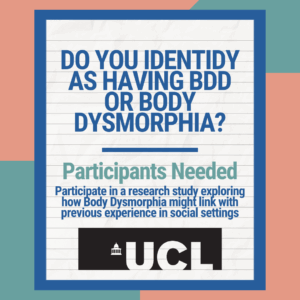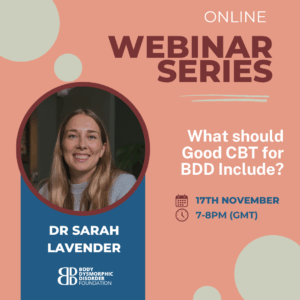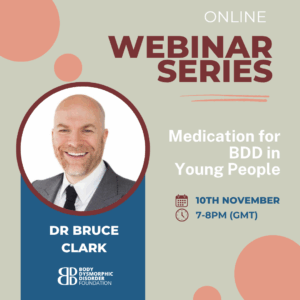Weirdly, just knowing what was wrong with me helped me to feel better. I found a counsellor, which meant I had someone to talk to, and having an actual diagnosis made it easier for my family to understand what I was going through.
How do you feel when you look in the mirror? Happy? Not fussed? Whenever I saw my face in the mirror, I felt so sick I wanted to smash the glass. I thought I looked like a monster. It all started my first term of secondary school. A bunch of girls and boys in my class began bullying me about my acne, calling me ‘Spotty’. I tried to ignore them, but the insults made me feel really self-conscious. They started taking the mick out of my forehead, saying it was ‘massive’, and that I had a voice like a man just ’cause it was deeper than some of the other girls in the class.
“By the time I was 13 the way I looked was all I thought about”
As the months passed I got more and more upset. When you’re told over and over again that you’re ugly, you start to believe it. I began studying my face in the mirror, worrying about the way I looked. I decided I hated my nose: it was too big. My eyes squinted when I laughed, and my hair was too thin. And I was fat. I’d try holding my stomach in and pulling the skin taut, wondering if I’d be prettier if I was skinny. By the time I was 13 the way I looked was all I thought about.
I tried to talk to my school friends about how I felt. ‘Don’t be silly, Cari,’ they’d say. ‘We all feel like that.’ But I knew they didn’t. It wasn’t like I was having an ‘off day’; I felt like this constantly. If I was going out with mates I’d spend the entire day getting ready, changing my outfit and make-up about 20 times. Each time I’d hate the way I looked, take off my make-up and start again, only to hate what I saw and end up in floods of tears. In the end I’d refuse to go out at all. Gradually my friends stopped including me in their plans, which made me feel even more isolated.
When I was 14 I started self harming, cutting my wrists and neck with knives from the kitchen, or razor blades. I wanted to punish myself for being so ugly and worthless. Nothing made me feel better about myself. If someone paid me a compliment I wouldn’t believe it. If a boy glanced at me I’d imagine he was looking at me in disgust. As I got older I started finding other ways to hide. I had a fringe cut to hide my forehead and began getting tattoos and piercings. I felt that if I had something beautiful on my body, I wouldn’t be quite so revolting. Plus, if people were looking at my body art they wouldn’t be looking at me.
“You silly girl,’ she told me as she hugged me, ‘there’s nothing wrong with you.”
I knew my family were worried about how withdrawn I’d become, yet when they tried to talk to me I’d just snap at them. But as time passed I found it harder to keep my feelings to myself. Finally, one New Year’s Eve (as usual I was at home instead of out partying), I found myself blurting out everything I felt to Mum. How ugly I was. How I’d cut myself. Mum was shocked. ‘You silly girl,’ she told me as she hugged me, ‘there’s nothing wrong with you.’ She didn’t understand that her words couldn’t make me feel better. I wasn’t just feeling insecure; I hated myself.
Mum was convinced I had depression, so she took me to the doctor who put me on anti-depressants. They made me feel a bit better, but I still couldn’t shake the repulsion I felt about my own appearance. Months passed. Then one day, when I was 17, I sat down in front of the TV and started watching a documentary called Too Ugly for Love. It was about people who couldn’t have relationships because they felt they were so ugly. None of the people in the show were ugly, but their behaviour was like mine: they’d look at themselves for ages and hate what they saw. They all had something called Body Dysmorphic Disorder, or BDD: a condition that meant they couldn’t see themselves the way other people saw them; their self-image was so distorted they thought they were hideously ugly, when they were perfectly normal.
It was like a light bulb going on in my head. I knew this was what I had, too. Weirdly, just knowing what was wrong with me helped me to feel better. I found a counsellor, which meant I had someone to talk to, and having an actual diagnosis made it easier for my family to understand what I was going through. I still struggled to accept my body, but gradually I recognised that I didn’t see it the way other people did, and that it was possible for me to live a normal life. I even said yes when an old friend, Mike, asked me out. I’m working on the way I feel. I hope that one day I’ll feel truly confident in myself.
More stories from the community
